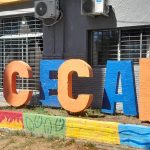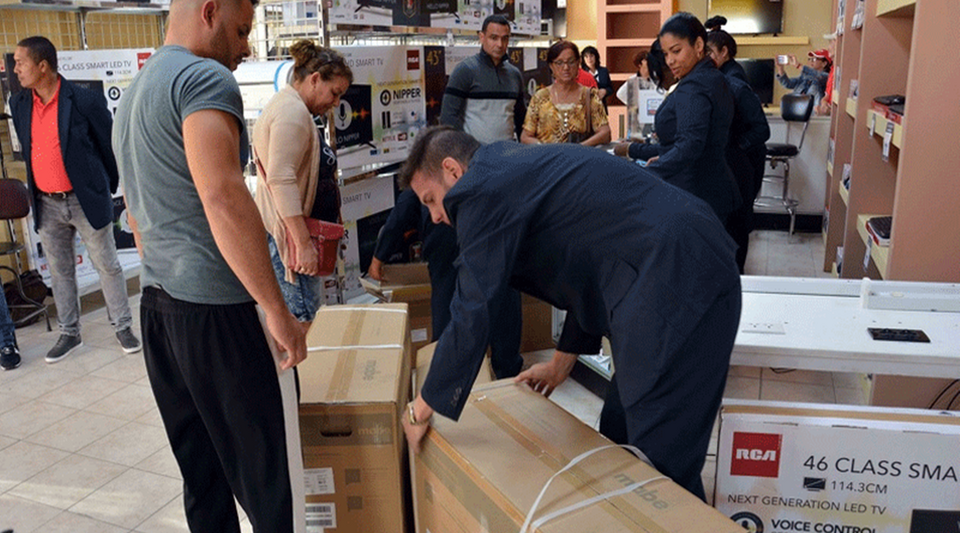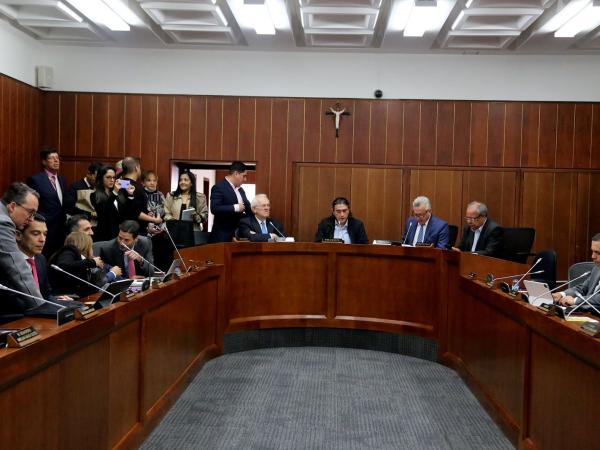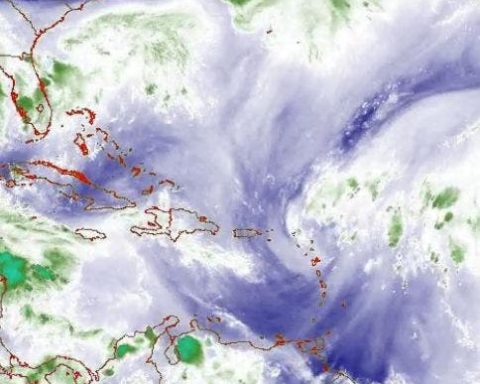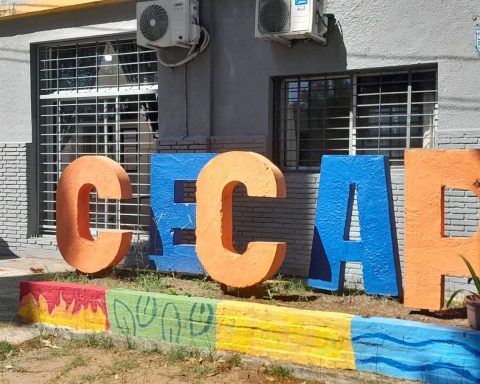MEXICO CITY.- Supermarket 23 (SM23), the controversial “Cuban Amazon” that sells what is scarce on the island to emigrants, has disappeared from its website a variety of products that linked the platform with state entities, mainly Alcona .
On May 30, CubaNet published an investigation on this platform and revealed that, despite the fact that it has been presented as a foreign company not linked to the regime (with headquarters in Canada and the United States), it actually has behind it a network of companies in different countries created by people who worked for Alcona or for a company linked to Alcona (Treew) to trade abroad.
Alcona is the exporting entity of the Flora and Fauna business group, led by Commander of the Revolution Guillermo García Frías and his family.
After the publication of this research, replicated by several independent mediawere raised on social networks ccomments about it that pointed out the state’s responsibility in keeping physical markets short of supplies to force emigrants to pay for basic products for their families from abroad.
In fact, the dissatisfactions were not only on the web. LActivist Salomé García Bacallao petitioned the Florida prosecutor’s office to investigate this business, linked to the island regime despite being registered in the United States. Your complaint has been received by the institution and is currently under active review.
At the same time that these reactions from civil society were taking place, in the last three months CubaNet has been monitoring SM23’s website and has found that products from Alcona have disappeared from their offerings.
The website identifies who its suppliers are and it was enough to browse through it to verify that several of the foods for sale came from Alcona or from other affiliates of Flora and Fauna.
For example, a five-pound package of Alcona beef could be found for $33. A package of beef cattle from the Turiguanó Genetic Livestock Company, associated with Flora and Fauna, was purchased for 28 USD. In the months prior to publishing the referenced research, it was observed that the supply from Guillermo García’s companies to SM23 was continuous.
However, after the report was made public, the Comandante’s company disappeared as a supplier, or at least they decided not to declare it on their website. Currently, the privileged place that Alcona and its affiliates had as suppliers of meat is mainly occupied by businesses such as La Estrella de David, LJD, Yeya Super Yu and Media Luna. In the case of the first three, there are no online references to these businesses, except on the sales pages associated with SM23. It seems that they only exist to sell online through these platforms.
Instead, Half Moon, it has been systematically presented by the official media as a paradigm of micro, small and medium-sized enterprises (MSMEs). Opportunely, the business went from being a local development project to the first Mipymes in Ciego De Ávila, thus separating itself, at least in theory, from state control. The entity, in addition to meats, produces 57 products, including those of the Taoro Line, focused on fruit processing, and until August of last year it declared having entered more than 4 million pesos for exports and online sales.
And the embargo?
Supermarket 23 after registering first in canadacreated in 2016 a subsidiary in FloridaUnited States, founded by the Cuban Aníbal Quevedo and where his youngest son, Aníbal Javier, appears as director.
Paradoxically, from the North American nation where they reside, they pull the strings of a web that is not only closely linked to the Cuban regime, but also sells national products. Which, according to experts consulted by el Nuevo Herald, is a violation of the Embargo.
“Companies can legally export food and medicine to Cuba and import certain goods (including most food products) and services produced by independent Cuban entrepreneurs,” specifies the text of the journalist Nora Gámez. But, there are the pages of several companies linked to the directors of SM23 and registered in the United States, marketing products from the island, without hiding.
The foregoing may indicate that there is no manifest interest on the part of the US authorities in monitoring how these companies that are flouting their own legislation regarding Cuba operate. In the case of SM23, although it has removed the name of Alcona from its website, it continues to offer juices and purees from the Taoro line (belonging to the Granma Conservas y Vegetales company) and ornaments from Artex (the main company promoting and marketing art Cuban that answers to the Ministry of Culture). Both are state companies that of course are not authorized by the State Department. Not even the Ciego Montero soft drinks they sell should be imported by an American company. This company, from the Los Portales SA group, is a Cuban joint venture operated between Nestle SA and the SA Food Corporation
On this, the Department of the Treasury is clear in warning that the importation can only be carried out by totally private companies, which is not the case of Ciego Montero. It also explains that those who import goods from private Cuban companies “must obtain documentary evidence that demonstrates the independent status of the businessman” or evidence that “demonstrates that the businessman is a private entity that is not owned or controlled by the Cuban government.” Artex, Los Portales, La Conchita, Suchel and Taoro are far from presenting an independent status and this is a very fine thread that could break at any time, especially if the denunciations of Cuban civil society continue.
Hugo Cancio, the well-known Cuban-American businessman who runs Katapulk, a company similar to SM23, has also been at the center of criticism for his dealings with the regime in Havana. Perhaps that led him to disassociate himself from Cuban state companies, at least in an apparent way. Although his website in August 2021 when CubaNet published a report In this regard, it was supplied almost entirely by Cuban state products, today the panorama is different when browsing the platform. Now foreign brands are the majority, although Cuban products have not completely disappeared. Only they no longer stand out in quantity in the growing and increasingly varied offer of Katapulk. Even Cancio himself confirmed to the Nuevo Herald that most of the products he sells online come from the United States, not from the Cuban socialist company.
In the midst of the so-called “reordering”, online sales were promoted as a kind of lifeline to help keep the Cuban economy afloat. Selling national products on the web is part of a state strategy called border sales, which consists of marketing national products online.
They present them as exports, although they never really leave Cuba; rather, they are paid for from abroad and then delivered. In addition to SM23 and Katapulk, dozens of similar companies have joined this initiative. CubaNet was able to find at least 11 other websites created by companies linked to Alcona or that are identical in products, prices and design to Supermarket23.
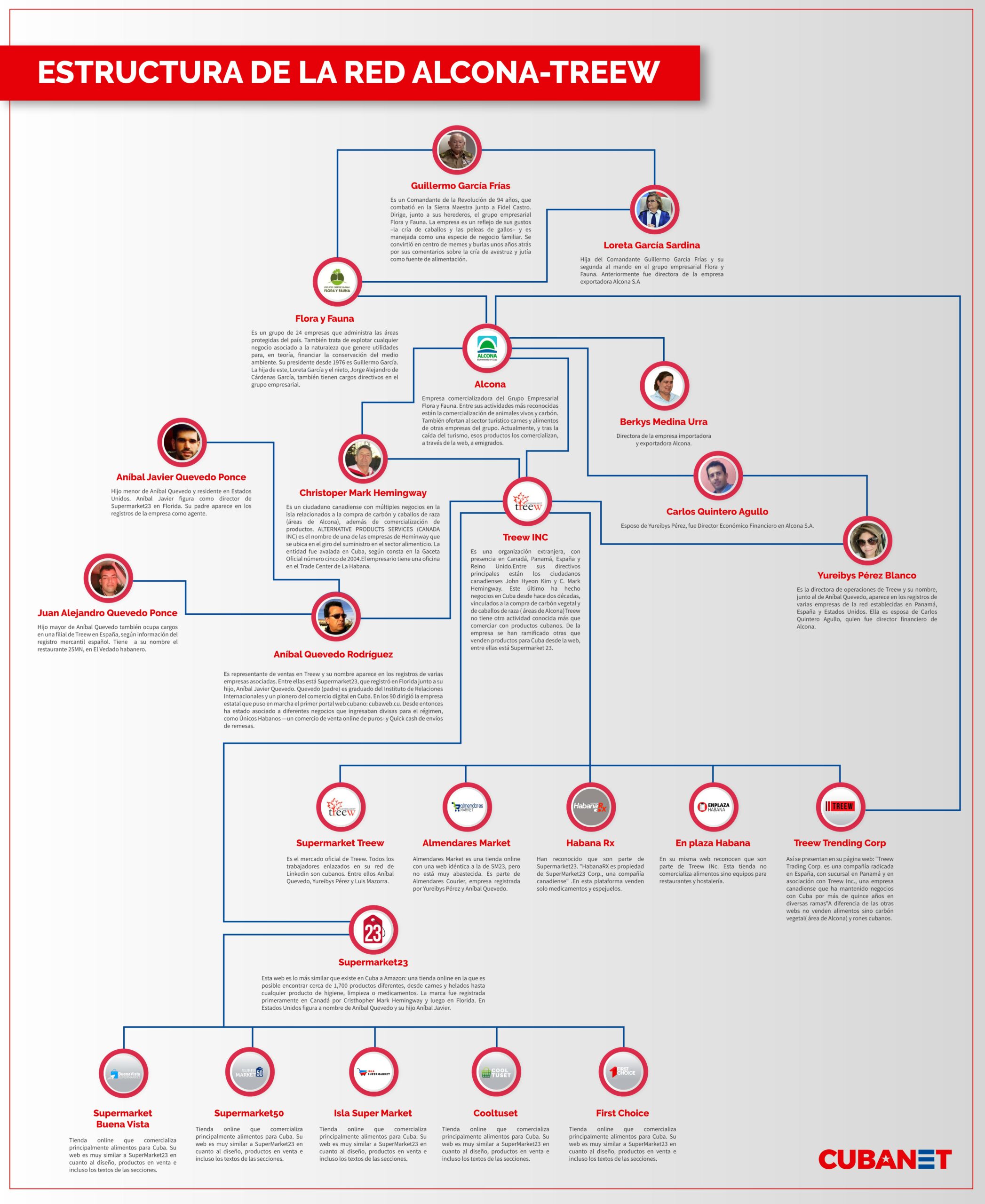
As long as the shortage within the country is so widespread, this type of sale will be a lucrative business for the regime, but it is not as profitable for the émigré who is almost forced to buy if he wants his family to have access to food. And much less for those who are inside Cuba and do not have a benefactor who buys.
Receive information from CubaNet on your cell phone through WhatsApp. Send us a message with the word “CUBA” on the phone +1 (786) 316-2072, You can also subscribe to our electronic newsletter by giving click here.









